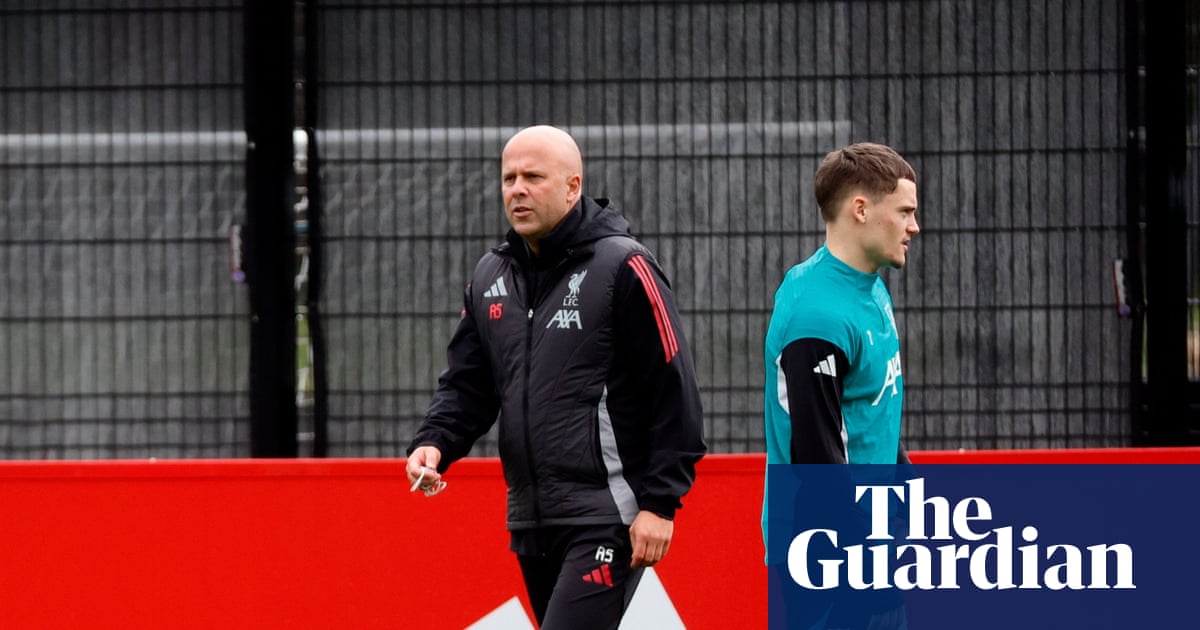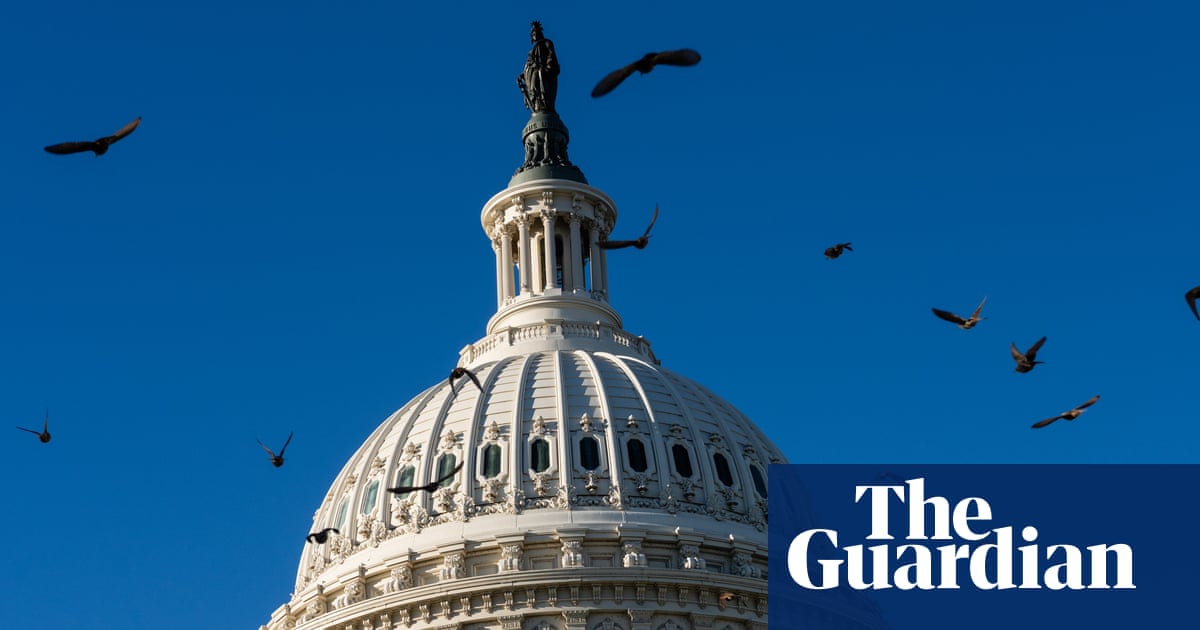In a bone dry summer, every drop of water counts. So, even though the rain is finally falling again now, it’s still hard to take it for granted, or to ignore the way that everything in the countryside still feels unnervingly out of rhythm: earth too cracked, grass too bleached, wheat harvest being brought in too early, rivers too low – and, knowing what Thames Water has been pumping into them, water quite possibly too dirty to cool off in.
In May, the company was fined £122.7m for the combined sins of sewage dumping and continuing to pay shareholder dividends despite its environmental failings. It responded by protesting that it might go bust if actually held accountable for its actions, a sentence that sums up everything people find infuriating about the water industry. Yet its resentful customers have no choice but to keep paying bills that are expected to rise by a third over the next five years – though Thames Water, inevitably, asked to be allowed to charge more – while wondering how we ever let a commodity this precious become so badly managed, heading into a volatile new era of summer drought and winter flood.
Rivers, Jon Cunliffe notes in his newly published review of what a new Labour government should do about the water industry, are part of a country’s national identity. There’s a romance and a history to be preserved here, not just a life-giving water supply to be extracted or wildlife habitats to be protected. Being a neutral civil servant, what he doesn’t explicitly add is that lately they have also come to symbolise corporate failure and decline of the public realm, but that too is part of the picture.
Few will disagree with Cunliffe’s verdict that the current regulator, Ofwat, isn’t up to negotiating the complex trade-offs involved here, and that there should be a new watchdog, bringing together various powers currently scattered across Whitehall, with the ability to take control of failing water companies if needed. His ideas for increasing accountability, curbing excessive dividends and creating a new social tariff for those who can’t afford to pay is welcome too. (Bills were kept too low for too long, the review concludes, meaning that when the inevitable hike came it was painfully sharp.) But that’s the easy bit, compared with facing up to the consequences of chronic underinvestment by an industry that has in parts seemed quick to take the profits and slower to take responsibility.
There will be outrage on the left that Cunliffe doesn’t advocate nationalisation, though politically that idea was off the table before he started. (Labour said before the election that it wasn’t keen to take water back into public ownership, and nothing about the fiscal hole in which it has since found itself has made the idea of spending billions on doing so more appealing: Cunliffe’s terms of reference were set accordingly.)
The review argues that ownership models are anyway something of a red herring – water is nationalised in Scotland but bathing water quality isn’t much better there than it is south of the border, and while Welsh Water’s not-for-profit model could be viable for some English companies, even that isn’t necessarily a magic bullet. All of which may well be true, but might sound more convincing had ministers given him free rein to consider all the options equally. As it is, it’s hardly his fault that this plan – which would still see water bills rising steeply to fund the investment in creaking infrastructure that everyone accepts is necessary – is the answer of the Treasury official he used to be, rather than of a politician.
Where’s the moral hazard, the price any private business should be forced to pay for failure, if in the end their customers just get stuck with the tab? It’s not our fault if companies who were granted a monopoly back in 1989 over the supply of something humans literally can’t live without still managed somehow to make a commercial hash of it. No wonder the water minister, Emma Hardy, will take the summer to decide exactly which of Cunliffe’s recommendations Labour plans to accept.
The dilemma this government finds itself in over water is, of course, not unique. It is part of a common thread now linking everything from welfare reform and the still unresolved problem of funding social care, to the momentous decisions on tax now facing Rachel Reeves in her autumn budget; that these are all expensive and deep-seated problems this government’s predecessors repeatedly dodged or kicked down the road. And, although Labour’s commitment to actually facing reality is admirable, it turns out there were good reasons everyone else chose to bravely run away. Years of ducking and diving have only magnified those problems, to the point where selling the kind of sacrifices now required to a reluctant public is almost impossible.
Getting the future governance of the industry right is crucial, of course, but that’s not the end of it. Thames Water should be allowed to fail, on the grounds that it has done nothing to deserve a taxpayer bailout, and if its lenders have to take a hit, well, them’s the risks. Parliament should keep digging, investigating the historic failures of oversight that allowed us to get into this mess. But, somehow, ministers need to find a broader way of conveying that failure has consequences, and not just for the taxpayer. A harder rain needs to fall, not just into rapidly shrinking reservoirs, but on to some of those responsible for managing them.
-
Gaby Hinsliff is a Guardian columnist

 3 months ago
160
3 months ago
160

















































